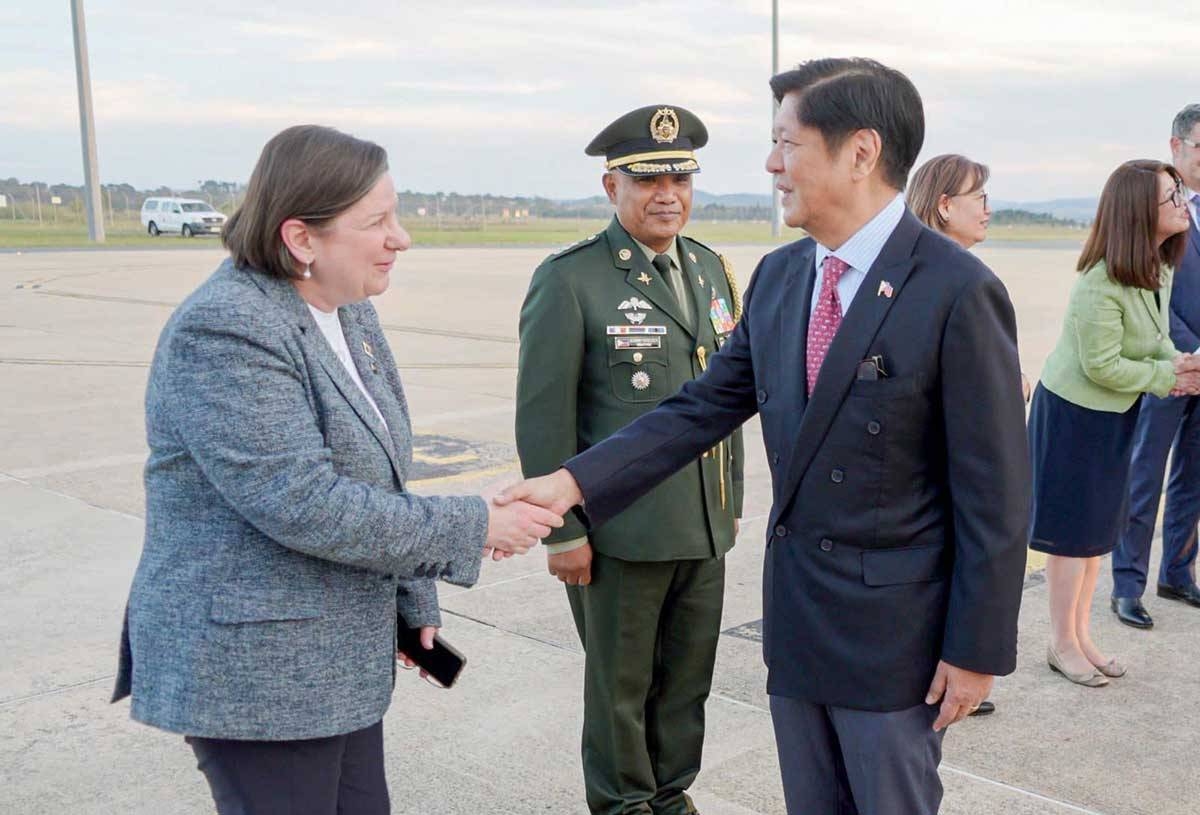President Ferdinand Marcos Jr. has revealed that a comprehensive study is currently being conducted to assess the feasibility of holding a plebiscite for Charter change simultaneously with the 2025 midterm elections. The primary consideration in this evaluation is the substantial cost associated with conducting these events separately.
Marcos emphasized the need to thoroughly analyze the possibility of separating the elections and the plebiscite. He likened the scenario to holding two elections, which would impose a significant financial burden on the government. The estimated cost for a separate plebiscite alone is approximately P13 billion.
To explore cost-saving measures, Marcos proposed the potential synchronization of the plebiscite with the May elections next year. This would result in substantial savings for the government. The President reiterated that this possibility is currently being carefully examined.
While the House of Representatives initially suggested holding the plebiscite in July, the Commission on Elections (Comelec) expressed concerns that this could impede preparations for the May elections. The President acknowledged the importance of considering these factors, stating that a plebiscite is akin to an election and conducting it before the elections could hinder preparations.
The progress of resolutions related to Charter change in both the Senate and the House of Representatives is being closely monitored. The President emphasized the ongoing evaluation of mechanisms and strategies for conducting the plebiscite.
Senate President Juan Miguel Zubiri welcomed the statement from the Comelec, expressing openness to holding the plebiscite concurrently with the 2025 national and local elections. Zubiri highlighted the potential savings of P13 billion, which could be allocated to address pressing issues such as poverty alleviation, educational infrastructure development, and agricultural improvements.
Mandaluyong Rep. Neptali Gonzales 2nd, the floor leader of the House Committee of the Whole overseeing deliberations on Resolution of Both Houses 7, supported the idea of holding a plebiscite simultaneously with the May 2025 elections. Gonzales emphasized the practicality and cost-effectiveness of this approach, as long as it adheres to the time frame stipulated in the Constitution.
According to Section 4, Article 17 of the 1987 Constitution, any amendment to the Constitution through a constituent assembly or constitutional convention must be ratified by a majority of votes cast in a plebiscite. The plebiscite should take place no earlier than 60 days and no later than 90 days after the approval of the amendment.
In conclusion, a comprehensive evaluation is currently underway to determine the possibility of holding a plebiscite for Charter change concurrently with the 2025 midterm elections. The primary focus of this study is the significant cost associated with conducting the events separately. Various officials, including President Marcos and Senate President Zubiri, have expressed support for synchronizing the plebiscite with the elections to maximize resources and address pressing needs. The progress of resolutions related to Charter change is being closely monitored in both the Senate and the House of Representatives. As the evaluation continues, it is crucial to consider the legal framework outlined in the Constitution to ensure the validity and adherence to the required time frame for the plebiscite.







